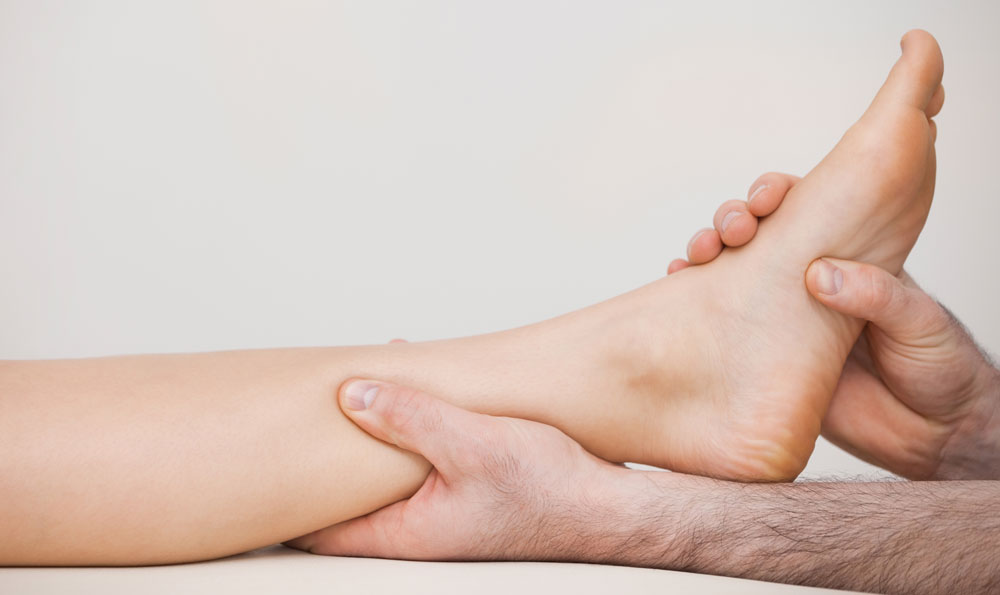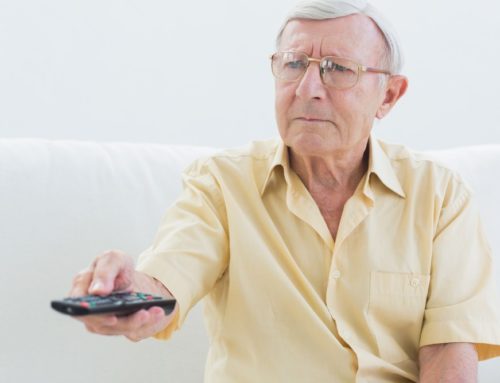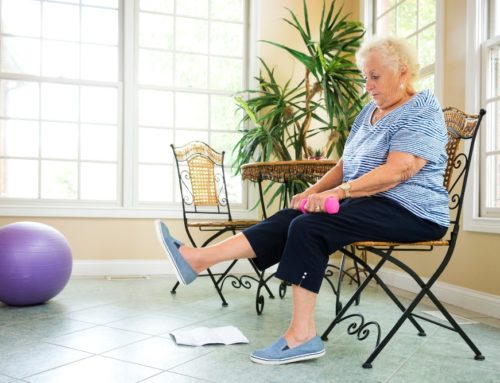Is Massage Safe for Everyone – Who Shouldn’t Do It?
Having a trained professional massage your worries away is heaven when you’re stressed. It is beneficial for a variety of conditions. Many people seek massages to relax and de-stress, Massage therapy can help alleviate muscle tension, stiffness, and soreness, leading to reduced pain levels. It can enhance blood flow throughout the body, which can aid in the delivery of oxygen and nutrients to tissues and organs. While massage is mostly safe for many, though it may not be good for everyone.
Certain conditions, including circulatory issues, cancer, and osteoporosis, could actually worsen in some patients during a deep rubdown. If you have concerns, speak to a medical professional before booking a session.

Often massage is recommended as an alternative treatment to rehab therapies Those hands working your muscles improve blood flow and circulation, prevent lymphatic fluid collection, relieve pain, and increase immune functions. Massages also have mental benefits, including stress relief, mood boosts, and decreased anxiety. For more information on whether a massage is right for you, check out the following sections.
Reasons Massage May Not be Safe for You
Many conditions benefit from a massage, including insomnia, depression, headache, and sports injuries. However, not every condition has similar results, and many medical issues may worsen after such therapy. If you’re currently dealing with or at risk of the following, avoiding massages may be required to prevent further damage.
Deep vein thrombosis
During periods of inactivity, circulation slows, often pooling in the body’s larger veins. When this occurs, clots may form, resulting in deep vein thrombosis. During a massage, the therapist may work the muscle around the clot, causing it to loosen and break free. The clot then travels through the body to the lungs or brain, blocking those arteries and risking permanent damage.
Blocked blood flow causes swelling, warmth, redness, pain, and discoloration in the affected area. If you notice these symptoms or have received a DVT diagnosis, avoid massages until cleared by a doctor.
Weakened bones
Massage therapy may not be good for people with weakened bones for several reasons. Regardless of the cause, deep muscle massage and spinal manipulation aren’t always safe for those at risk of bone breaks. Gentle massage may still be allowed to reduce pain and stimulate circulation, but only when recommended by a medical professional.
Cancer
Those with cancer benefit from the relaxation and pain management of a massage, but it isn’t safe for all patients. For instance, chemotherapy or radiation lowers red and white blood cells, so you may bruise more easily. The skin is also more sensitive, causing discomfort with every touch of the therapist’s hands.
Damaged lymph nodes, called lymphedema, don’t drain lymph fluid properly, causing swelling. Regular massages worsen the issue, so only specialized treatments are recommended. Surgical areas around removed lymph nodes also require light touches, so avoid deep tissue massages after such procedures.
Diabetes
Neuropathy or nerve damage from diabetes causes a loss of sensation and numbness in various areas of the body. Such symptoms are dangerous, especially during a massage since you can’t determine a safe amount of pressure. If the therapist goes too deep, they could cause serious damage to your muscles, also affect blood sugar.
Experts have also noted a drop in blood sugar levels between 20 and 40 points during a full-body massage. Such a significant lowering of glucose in the blood could cause hypoglycemia, requiring immediate treatment.
This article is for educational and informational purpose only and does not substitute for professional medical advice. For any questions about your own health condition, speak to a qualified physician or healthcare provider.







Leave A Comment